Learning How to Pray in Islam in Arabic
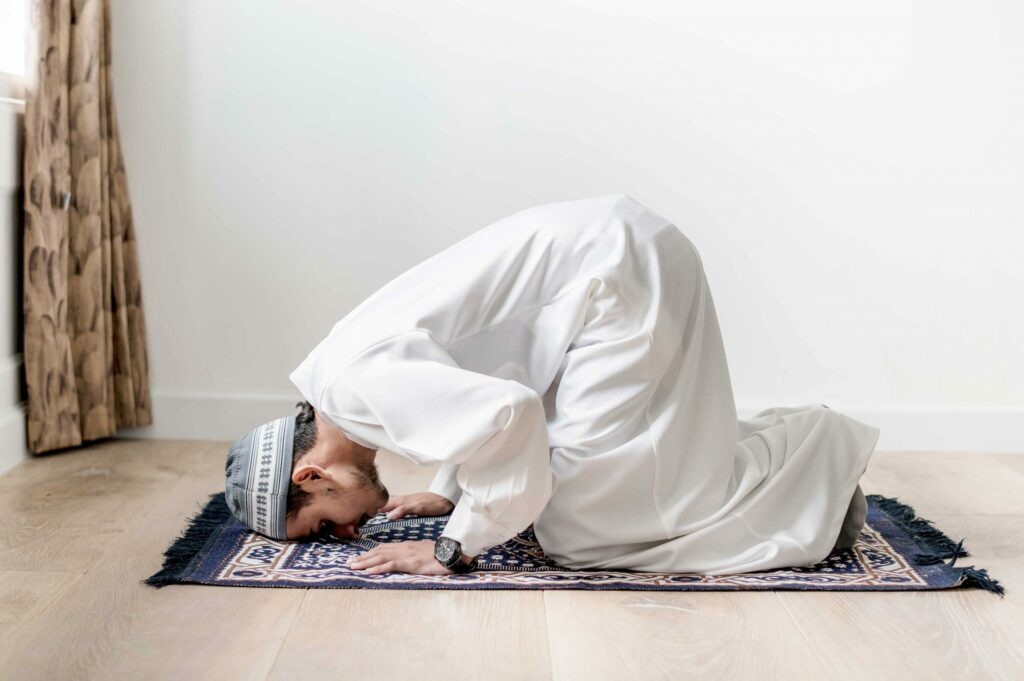
Learning How to Pray in Islam in Arabic Introduction Prayer, or Salah, holds a central position in Islam, serving as a means of communication between the believer and their Creator. It is a ritual of spiritual significance, providing a pathway to connect with Allah and seek His guidance, mercy, and forgiveness. Learning how to perform […]
The Hanafi Madhhab: Principles and Practices in Islamic

the Hanafi Madhhab: Principles and Practices in Islamic Introduction: In the rich tapestry of Islamic jurisprudence, or fiqh, the Hanafi school of thought holds a prominent place. Named after its founder, Imam Abu Hanifa, this madhhab (school of thought) has flourished over centuries, offering a unique approach to understanding and interpreting Islamic law. In this […]
What Is Umrah?
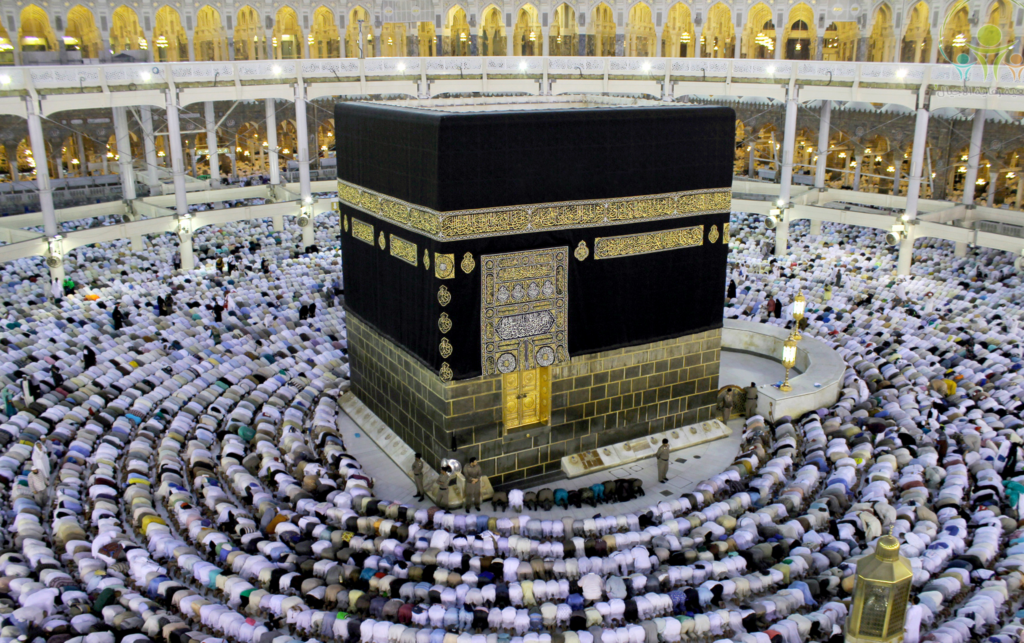
What Is Umrah? Umrah is an Islamic pilgrimage to Mecca, Saudi Arabia, that can be undertaken at any time of the year. It is often referred to as the “lesser pilgrimage” in comparison to Hajj, which has specific dates in the Islamic lunar calendar. Umrah is a significant act of worship and spiritual devotion for […]
Top Online Quran courses For Kids
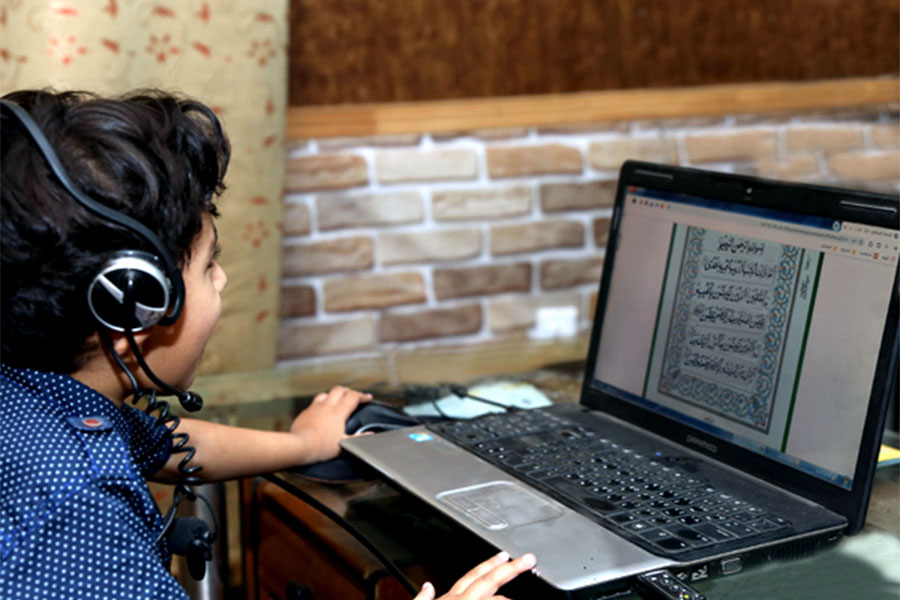
Top Online Quran courses For Kids Top Online Quran courses For Kids, every child is unique, and learning related at their own rate. Al-Dirassa recognizes the importance of guiding children with compassion, patience, and understanding. Whether a child is a quick learner or faces challenges along the way, So we offers tailored support and encouragement […]
How long does it take to learn to pray in islam?
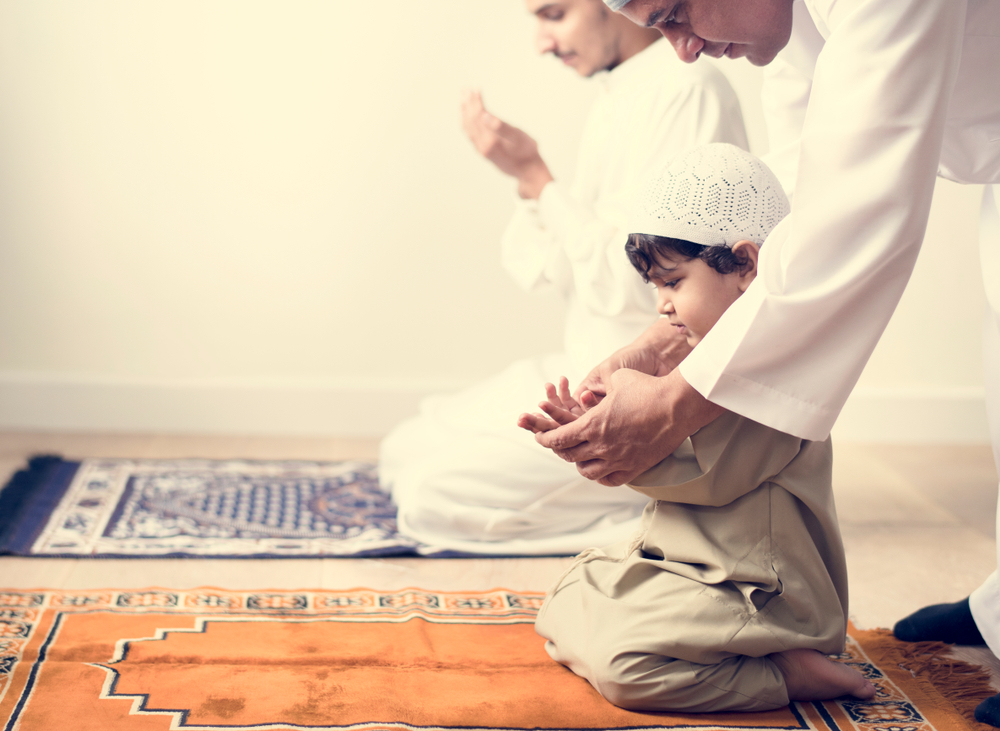
How long does it take to learn how to pray in Islam? Learning to pray in Islam is a fundamental step for every Muslim. It’s not just about performing a ritual; it’s a way to connect with Allah and engage in spiritual discipline. Many individuals wonder: How long does it take to learn how to […]
The Power of Islamic Praying for Muslims
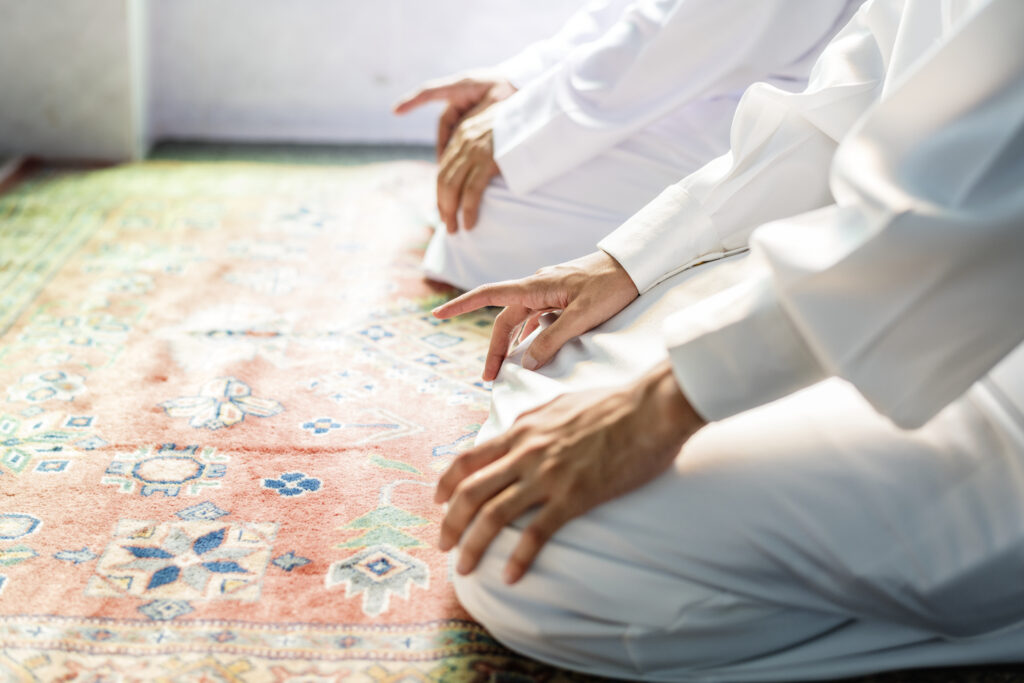
The Power of Islamic Praying for Muslims The Power of Islamic Praying for Muslims, Islamic praying, holds a profound significance in the lives of Muslims worldwide. It is not just a ritualistic act, but a spiritual connection with the Almighty, offering solace and tranquility, especially in times of anxiety and distress. In this article, we […]
The Significance of Palestine for Muslims
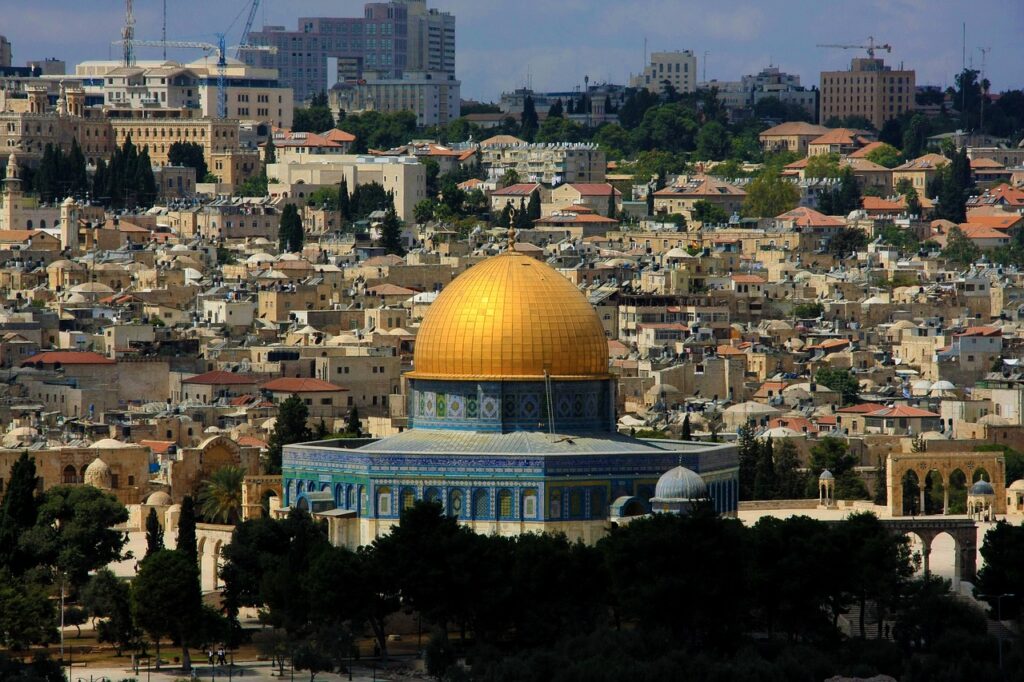
The Significance of Palestine for Muslims: A Place of Spirituality, History, and Solidarity Palestine holds great importance in the hearts of Muslims worldwide. It is a land steeped in history, spirituality, and symbolism for believers, often regarded as a holy site in Islam. In this article, we will explore the significance of Palestine for Muslims, […]
Powerful Duas for Your Wishes to Come True
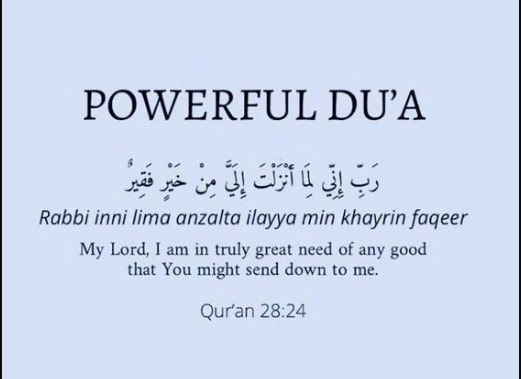
Powerful Duas for Your Wishes to Come True Powerful Duas for Your Wishes to Come True, Desire, demand, longing, and wish, are the few words that our life is never empty of. Sometimes these wishes become a mere necessity, sometimes it takes the form of a raging sea and turns into madness and dementia. Allah […]
What is the madhab of Imam Shafi?

What is the madhab of Imam Shafi? What is shafi madhab ? The Shafi’i Madhhab is based on the teachings and methodologies of Imam Shafi’i, which are derived from the Quran, the Hadith (sayings and actions of Prophet Muhammad), consensus (Ijma) of the scholars, and analogical reasoning (Qiyas). Imam Shafi’i emphasized the importance of […]
The Women and Ramadan

Women and Ramadan Ramadan is a fundamental pillar of Islam, deeply rooted in spirituality, purification, and devotion. Allah says in the Holy Quran: “O you who have believed, decreed upon you is fasting as it was decreed upon those before you that you may become righteous.” (Surah 2, Al-Baqarah, verse 183). This sacred month offers […]

